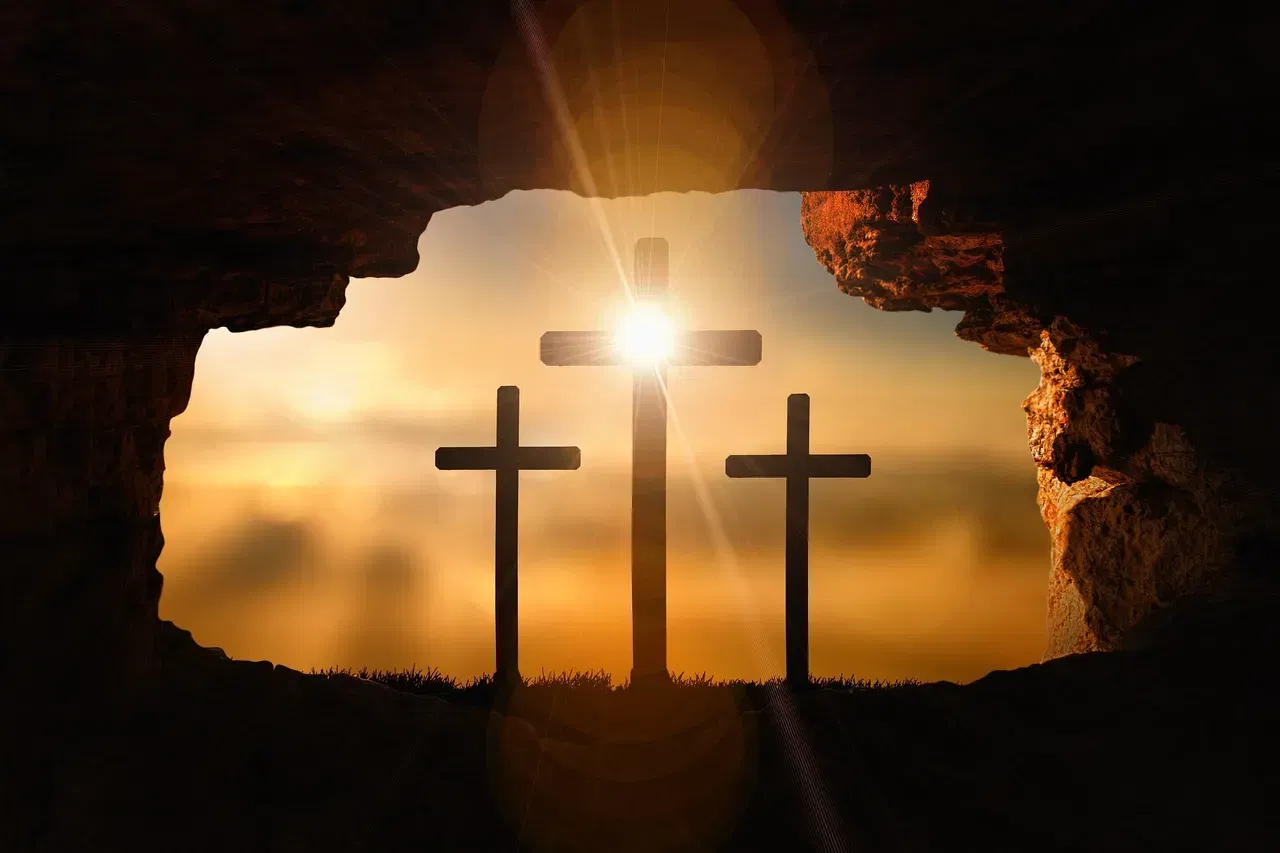A straight answer to a crooked question

And, behold, one came and said unto him, Good Master, what good thing shall I do, that I may have eternal life? Matthew 19:16
Our Lord's answer to this question from a rich, young ruler is very perceptive and enlightening. In the following verses (17-21), we see four things the gospel demands of us. And though in some ways the man's question was misguided (it was obviously motivated by self-righteousness and self-confidence), our Lord's response puts him (and us) right.
First of all, the gospel demands that we must understand who God is (17). Notice how our Lord begins to answer his question: he asks another question! “Why callest thou me good? There is none good but one, that is, God.” Notice that in his question, he had called Jesus “Good Master.” Our Lord is picking up on that and pointing out to him the fact that really the only one who is truly good is God. In other words, one of the problems with the man’s whole approach to the problem of eternal life is that he didn’t really understand how desperate his need was. And the reason he didn’t understand how desperate was his need was because he hadn’t really grasped the implications of the holiness of God. For him, it getting into heaven was just a matter of being good enough, of doing enough good things, or at least a matter of doing some really great good thing that would put you over the top and secure your place in the age to come. He obviously thought that was in his grasp, something that was easily done. But he hadn’t reckoned with the absolute purity of God’s nature.
How do you understand the holiness of God? Well, you see it reflected in his law, in his word. And that is the second thing our Lord points us to. He tells us that the gospel demands that we must understand who we are in the light of God’s law. So he tells the man, “If thou wilt enter into life, keep the commandments.” (17)
What is our Lord doing here? He is getting this man to look at himself in the light of God’s law. And we need this too. You see, by nature, we are all like the rich young ruler, infected with the disease of self-righteousness. We do not realize that all our righteousness is as filthy rags apart from the grace of God operating in the heart. We have too low a view of God’s righteousness, and too high a view of our own, and the only way to truly correct that is for us to gaze into God’s law and to meditate on the blazing purity of his commandments.
But we must not stop at seeing our sin for what it is. Let us not walk away from Christ. Rather, let us repent of our sin. This is what is at the heart of Jesus’ command for the rich young ruler to sell all that he had (21). Riches were his idol. He loved them more than God. When it came down to it, Jesus was telling him that he had to choose God over his wealth. He must repent of his covetousness. He is reminding him that he cannot serve God and mammon (6:24).
It is not enough to be convinced of sin – we must repent of it as well. Repentance is a change of heart and mind, a reordering of our priorities which results in a different lifestyle. It is not only outward action, but inward contrition. We must rid ourselves of whatever it is that is keeping us from God. What are we willing to forsake for Christ? Where is your treasure? If we are not willing to have Christ as our greatest treasure, we cannot be his disciple. You must sell your idols before you can come and follow Christ.
Finally, the gospel demands that we must come and follow Christ (21). Not only must we turn from sin, we must turn to Christ. There cannot be a vacuum in our souls; when sin has vacated the throne of our heart, it must be filled with Christ. We must come to him as Savior and Lord, not trusting in our own righteousness, but in Christ; not going our own way, but following him.
We must follow Christ because in him alone is eternal life. This man asked what he must do to obtain eternal life. At the end of the day, the answer to that is found in Jesus. We get eternal life in Christ because he obtained it for us. If the rich young ruler had literally followed Christ, he would have gone with him to Jerusalem, and he would have followed him to the cross. He would have seen the redemptive act by which Jesus paid for the sins of fallen men and women. If you would follow Christ, you too must follow him to the cross. He is not asking for you to take him as a guru or just as another good teacher. He is the one who hung on the cross and absorbed the just wrath of God against sin. It is only in him that we can have our sins forgiven.